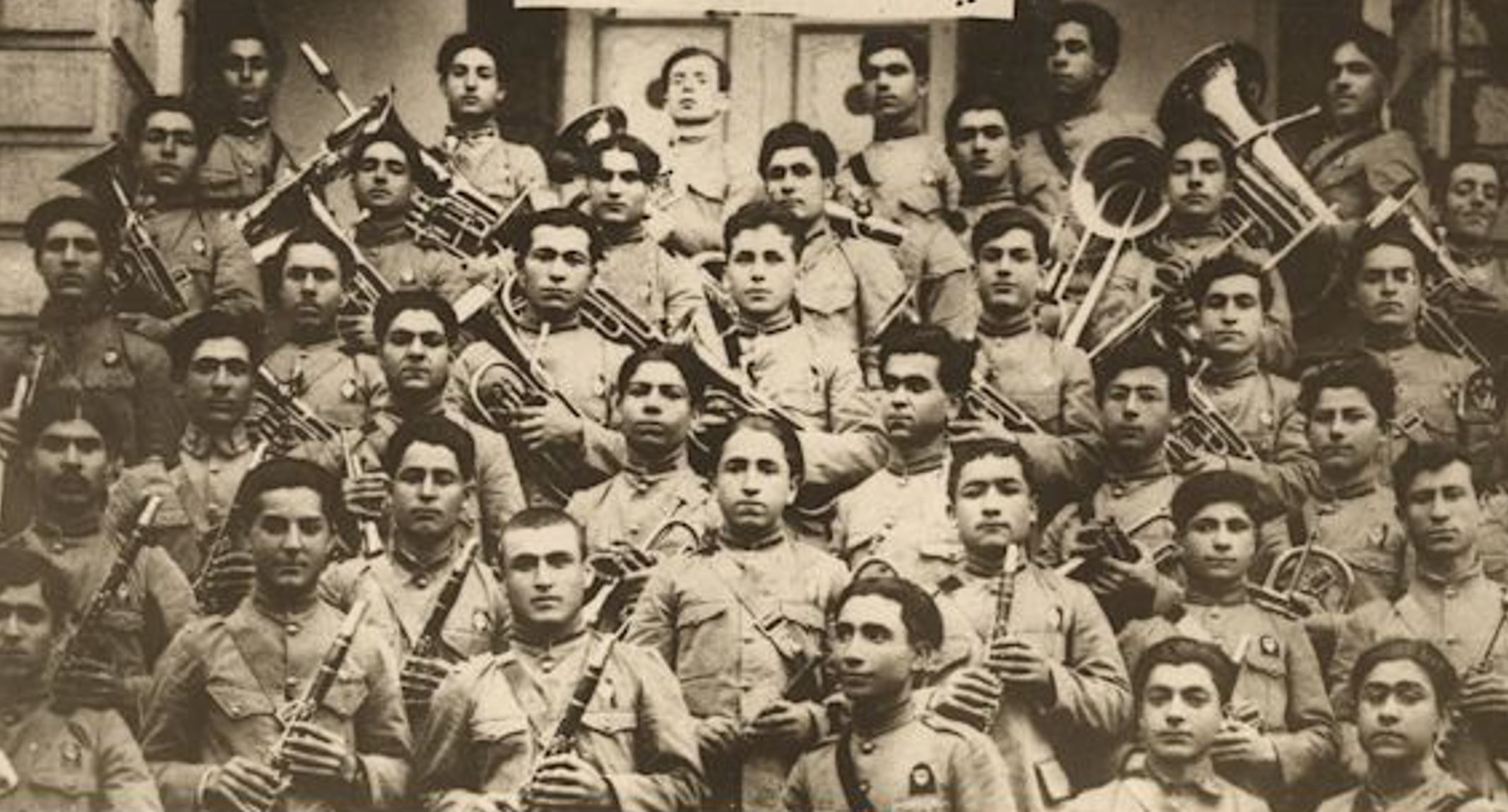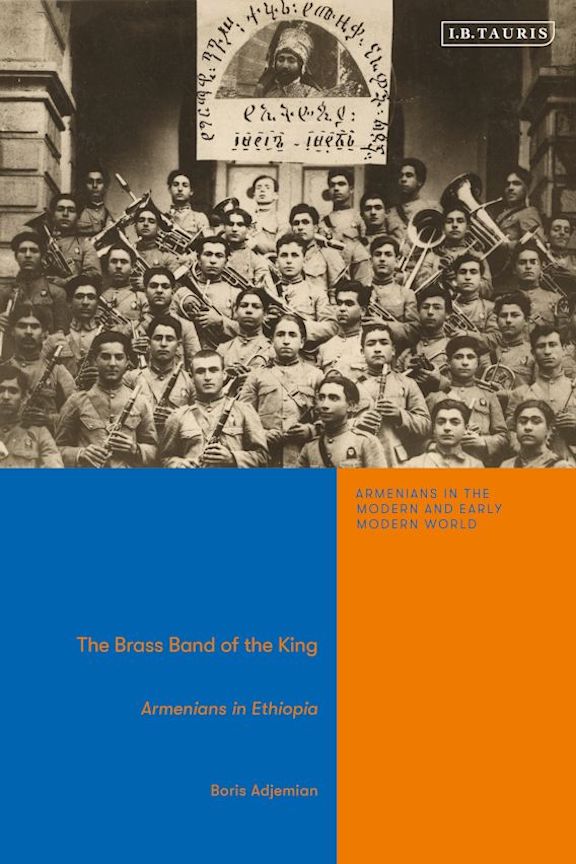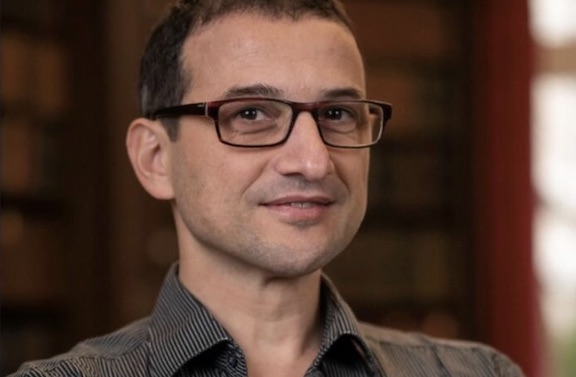Dr. Boris Adjemian’s Book on ‘Armenians in Ethiopia’ Published
- (0)


In 1924, the crown prince and future emperor of Ethiopia, Ras Täfäri, on a visit to Jerusalem, called on forty Armenian orphans who had survived the genocide of 1915-1916 to form his empire’s royal brass band. The conductor, who was also Armenian, composed the first official anthem of the Ethiopian state.
Drawing on this highly symbolic event, and following the history of the small Armenian community in Ethiopia, in this book Boris Adjemian shows how it operated on the margins of political society, hiding in its interstices, preferring intimacy and discreet loyalty to the glitter of open politics. The astonishing role of the Armenians in their host country was embodied in the friendship that the kings and queens of Ethiopia extended to them, a theme that is echoed in the life stories collected from their descendants.
Bringing to light the political and cultural importance of a community that has long been ignored and has almost vanished, this study draws on the collective memory of Armenian immigration and the centuries-long history of proximity between the Armenian and Ethiopian Churches. The author argues for a sedentary approach to the diaspora, for a socio-history of this collective rootedness, which dates back to the 19th century and builds on historical representations of otherness from the early modern period up to the colonial era. Highlighting stateless immigrants halfway between the national and the foreign, this history reveals the agency of stateless immigrants and their descendants, their ability to play with identities and undermine assigned belongings.
“The Brass Band of the King” is an original exploration of the social making of nationhood and foreignness in Africa and elsewhere.

Dr. Boris Adjemian
“The story of this small community in Ethiopia is by far the most original I have come across in the Armenian diaspora and diaspora literature. I hope that readers will be drawn in, as I was, by the epic dimension of this story, teeming with characters and anecdotes that are both improbable and delightful, and that say much about the making of collective identities and the way in which the history of peoples and nation-states is written,” Adjemian added.
“This is a fascinating study of a unique diasporic community which began by orphans of the Armenian Genocide from Jerusalem,” said Der Matossian, the editor of the series. “Through using theories of collective memory and diaspora studies with in-depth historical research, Adjemian has successfully weaved together the sophisticated history of the Armenian community of Ethiopia. This book is a major contribution to our understanding of the formation of the Armenian Diaspora communities in the post-genocide period. The book will have a significant impact on Armenian Diaspora Studies and other Diasporic communities around the globe,” he concluded.
“This magnificent work is now available in an excellent English translation. Boris Adjemian’s engaging and comprehensive book on EthiopianArmenians offers a captivating exploration into the emergence and development of diasporic communities, accompanied by a rich theoretical debate. It is a work that excels in both depth and innovation,” said Vahé Tachjian, Chief Editor of Houshamadyan.
“I knew Edward Said well for decades… I won’t hesitate to say that he would have particularly applauded the exploration of Orientalism in Boris’s book,” said Professor Khachig Tölölyan.
Boris Adjemian is the Director of the AGBU Nubar Library, France. He holds a PhD in history from École des Hautes Études en Sciences Sociales, France, and Università degli Studi di Napoli “L’Orientale”, Italy. He is the coeditor of the academic journal Études arméniennes contemporaines.
Copies of “The Brass Band of the King: Armenians in Ethiopia” are available for purchase from the Bloomsbury Press website. Enter code GLR AT8 at the checkout for 35 percent off.


















